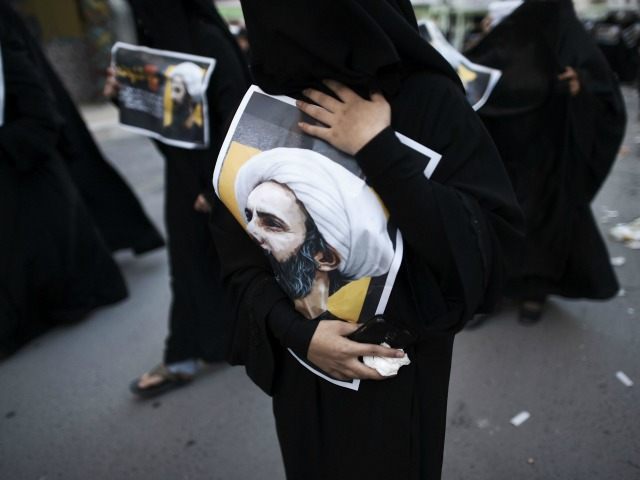Bahrain and Sudan have joined their ally Saudi Arabia in formally severing diplomatic ties with Iran, while the United Arab Emirates has “downgraded” its diplomatic team, recalling its ambassador from Tehran and announcing that it would reduce the number of diplomats assigned to Iran.
In response to the sacking of the Saudi embassy in Tehran, Bahrain gave Iranian diplomats 48 hours to vacate the country. Bahrain’s state news agency described the embassy burning as a “sinful, cowardly attack” which “confirms a determination to spread devastation and destruction,” as reported by NPR.
Word arrived Monday morning that Sudan was taking similar measures. “In response to the barbaric attacks on the Saudi Arabian embassy in Tehran and its consulate in Mashhad… Sudan announces the immediate severing of ties with the Islamic Republic of Iran,” said a statement from the Foreign Ministry quoted by the BBC.
The UAE said it was downgrading its diplomatic presence in Tehran due to “Iran’s ongoing interference in internal GCC [Gulf Cooperation Council] and Arab affairs that has recently reached unprecedented levels,” according to CNN.
Bahrain has a Sunni Muslim monarchy, but the population is majority Shiite, so it is not surprising that the growing Sunni-Shiite conflict headed by Saudi Arabia and Iran swiftly led to unrest in the streets. The flashpoint of the conflict was Saudi Arabia’s execution of Shiite cleric Nimr Baqr al-Nimr, portrayed as a terrorist leader by the Saudis, but a victim of oppression by the Iranians and their allies.
Iranian state-owned PressTV reports that large crowds of angry Shiite protesters took to the streets in the suburbs of Manama, Bahrain’s capital city. “Violent clashes erupted as the Bahraini regime forces used tear gas and buckshot to disperse the demonstrators, who were carrying pictures of the cleric,” says the report. There were also violent clashes in Sitra, a city seven miles southeast of Manama, and in several outlying villages.
Bahrain’s Interior Ministry also said that several activists who condemned the execution of Nimr on social media have been detained. The BBC notes that Bahrain believes Iran has been deliberately fomenting unrest among its Shiite population, in a bid to destabilize the government.
Other signs of violent escalation in the Sunni-Shiite conflict noted by the BBC include the bombing of two Sunni mosques near Baghdad, resulting in the death of one cleric; the murder of a Sunni imam in Alexandria by gunmen; and a gun attack on police in Sheikh Nimr’s hometown of Awamiya in Saudi Arabia, which left a civilian dead and a child injured.
Iran responded to these diplomatic sanctions from Sunni nations by claiming the Saudis used the assault on their embassy in Tehran as an “excuse” to foment conflict, as Iranian Foreign Ministry spokesman Jaberi Ansari put it.
“Saudi Arabia sees not only its interests but also its existence in pursuing crises and confrontations and attempts to resolve its internal problems by exporting them to the outside. Saudi Arabia sees not only its interests but also its existence in pursuing crises and confrontations and attempts to resolve its internal problems by exporting them to the outside,” Ansari added, according to the BBC.
First Vice-President Eshaq Jahangiri of Iran denounced the severing of diplomatic ties with his country as “hasty and illogical.”
CNN’s analysts worry that these diplomatic sanctions “could be an ominous sign that something much more serious is in the offing.”
Fawaz Gerges of the London School of Economics warned that the breach between Saudi Arabia and Iran “could easily spiral out of control,” noting that the proxy battle between the Saudis and Iran – which is, in turn, a manifestation of the old conflict between Sunni and Shiite – has already produced violent clashes on the Arab street, plus armed conflict in Syria, Iraq, Yemen, Bahrain, and Lebanon.
Another CNN analyst, retired Lt. General Mark Hertling, thought it was possible the conflict between Saudi Arabia, Iran, and their respective allies could become a direct military conflict. He echoed Gerges’ warning that “this is spiraling very quickly.”

COMMENTS
Please let us know if you're having issues with commenting.